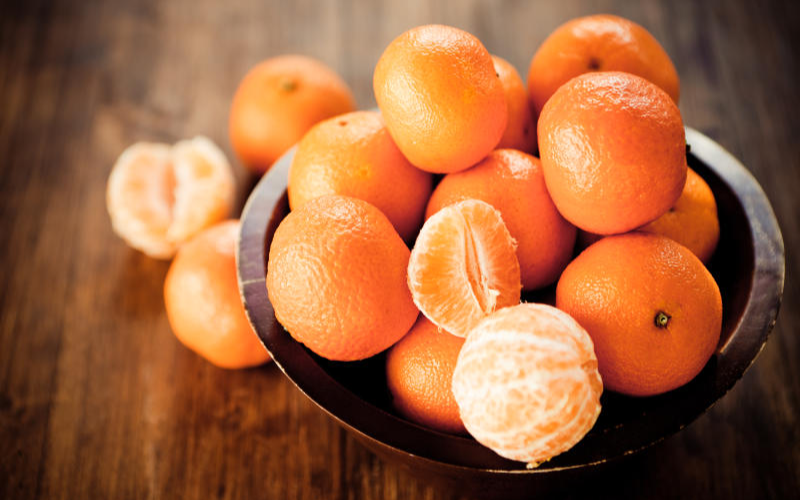
Hi Dr Ombeva My child has pinworms and is not responding to albendazoles, which medication can I use to get rid of the worms?
Betty
Dear Betty Pinworms also called Enterobius vermicularis or seatworms or threadworms are extremely common and contagious and are transmitted by ingesting pinworm eggs. These eggs can be found on contaminated hands and surfaces, such as: bed linens, towels, clothing (especially underwear and pajamas), toilets, bathroom fixtures, food, drinking glasses, eating utensils, toys, kitchen counters, desks or lunch tables at school and sandboxes.
The eggs hatch in the small intestine, and adult female pinworms travel to the area around the anus where they lay new pinworm eggs that trigger itching around the anus. When someone scratches the itchy area, microscopic pinworm eggs transfer to their fingers.
Contaminated fingers can then carry pinworm eggs to the mouth, or infects surfaces. Commonest symptom is itching around the anus and restless sleep. The itching is usually worse at night because the worms move to the area around the anus to lay their eggs. In girls, pinworm infection can spread to the vagina and cause a vaginal discharge.
Treatment involves two doses of medication with the second dose being given two weeks after the first dose. Reinfection can occur easily so strict observance of good hand hygiene is essential ( proper handwashing, maintaining clean short fingernails, avoiding nail biting, avoiding scratching the perianal area). If pinworm infection occurs again, the infected person should be retreated with the same two-dose treatment.
All household contacts and caretakers of the infected person should be treated at the same time. Careful handling and frequent changing of underclothing, night clothes, towels, and bedding can help reduce infection, reinfection, and environmental contamination with pinworm eggs.
These items should be laundered in hot water, especially after each treatment of the infected person and after each usage of washcloths until infection is cleared. Playmates, schoolmates, close contacts outside the home, and household members should be considered possible sources of infection. Keep fingernails clean and short, avoid fingernail-biting, and avoid scratching the skin in the perianal area. Teach children the importance of washing hands to prevent infection.
Control can be difficult in child care centres and schools because the rate of reinfection is high. In institutions, mass and simultaneous treatment, repeated in two weeks, can be effective. Hand hygiene is the most effective method of prevention. Trimming and scrubbing the fingernails and bathing after treatment is important to help prevent reinfection and spread of pinworms.
— Dr Ombeva Malande is a paediatrics and child health expert
 The Standard Group Plc is a multi-media organization with investments in media
platforms spanning newspaper print
operations, television, radio broadcasting, digital and online services. The
Standard Group is recognized as a
leading multi-media house in Kenya with a key influence in matters of national
and international interest.
The Standard Group Plc is a multi-media organization with investments in media
platforms spanning newspaper print
operations, television, radio broadcasting, digital and online services. The
Standard Group is recognized as a
leading multi-media house in Kenya with a key influence in matters of national
and international interest.

